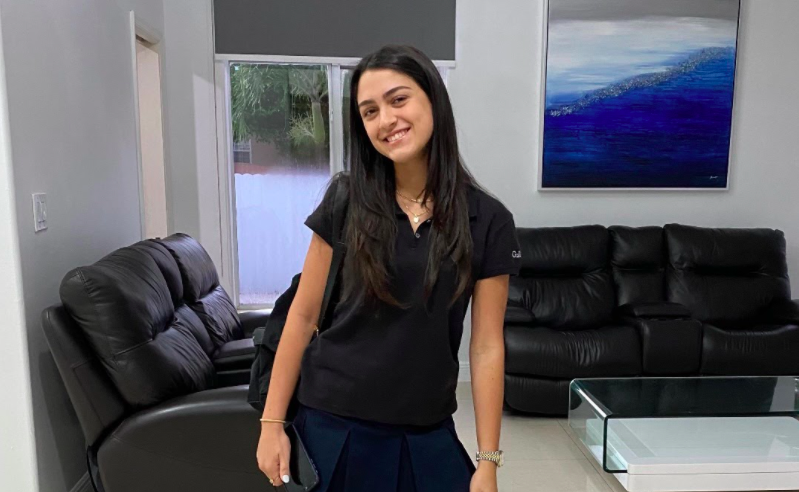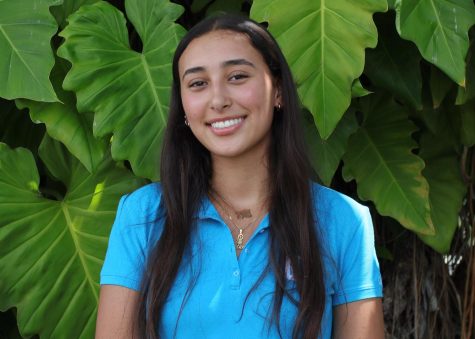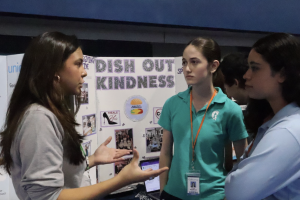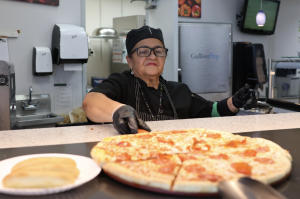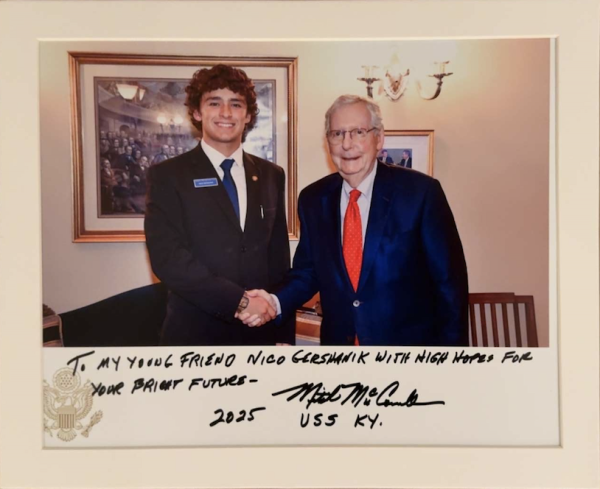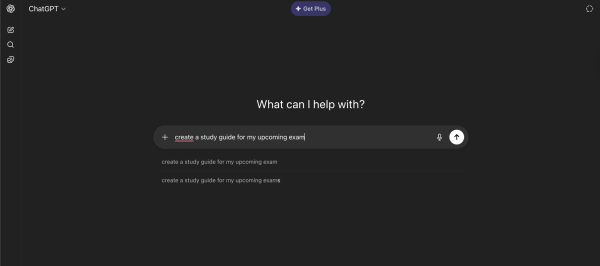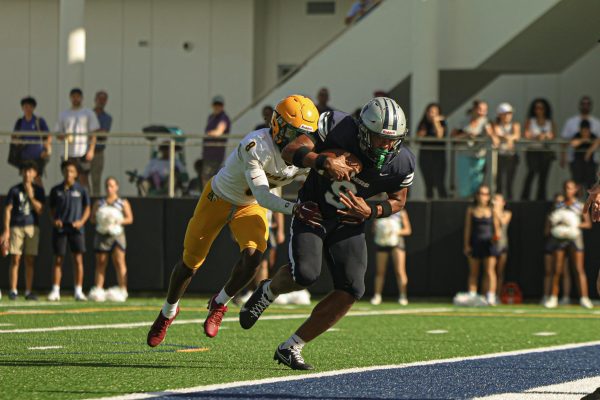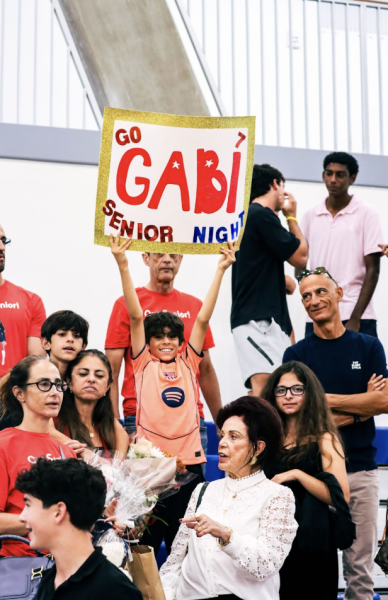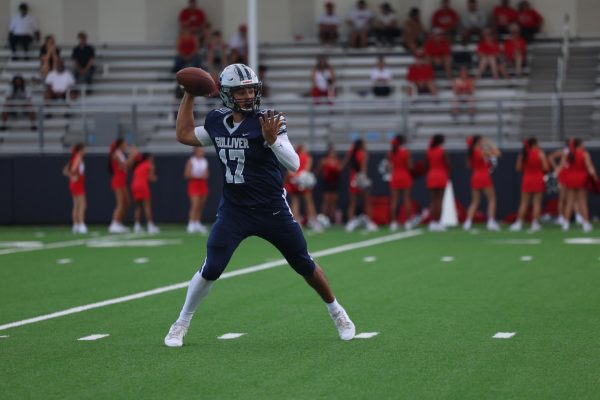Spotlight | Reflections of a Cuban-American
Junior Alexandra Valiente comes from a Cuban-American background. During Hispanic Heritage Month, The Raider Voice recognizes the importance of Hispanic heritage in Miami.
October 18, 2021
Social Media Editor Jade Garcia interviewed junior Alexandra Valiente about her Cuban background and living in Miami.
‚ÄúMy whole life, I never really felt out of place here just because there are so many different cultures in Miami. I grew up in a Cuban-dominated environment, where most of my friends were Cuban so my culture was normal for me.¬Ý
I came into Gulliver freshman year, and I met so many people from different Spanish-speaking countries. To my surprise, I didn’t meet a lot of Cuban people. My friends would ask me, ‘Where are you from?’ and they would be surprised when I said I was Cuban. They‚Äôd always tell me to say something in Spanish, and when I did they would tell me that I sounded ‘super Cuban.’ At first, I didn‚Äôt think anything of it because they obviously didn’t mean it in a bad way, but there have been many negative things said about the way Cubans speak that have affected me. A common stereotype that I’ve heard is thinking that Cubans are less educated because of the way they speak. It rubbed me off the wrong way because people were assuming that because of our accent, we are all uneducated, which is completely untrue.¬Ý
For my family and me living in Miami, it’s been an emotional struggle seeing our family back in Cuba struggling. In the beginning of July, people were protesting for basic human rights for the Cuban people. The people living in Cuba are stripped of their rights to even own anything themselves. I‚Äôm so blessed to be living in a place like Miami, but it hurts my heart seeing my family struggle to live back in Cuba. The protests gave me a bit of hope for the families living there, but I was disappointed to see that there was not much coverage of these protests and what the protesters‚Äô message was. I wish my family and other families in Cuba could see that people in the United States were speaking out against their injustices, but they couldn‚Äôt. They aren‚Äôt allowed to see what’s going on outside of Cuba, which breaks my heart. So many people living in Cuba think that that’s the only way to live and the way they are being treated is the way a human should be treated, because they aren‚Äôt allowed to see the rest of the world.¬Ý
The issues going on in Cuba have affected me my whole life. Seeing people in America who aren’t Cuban worrying about it made me feel hopeful and grateful. The people seemed to care about this situation enough to unite together, and I think that’s something so beautiful. I will always be proud of my background because without it, I wouldn’t be me.‚Äù

